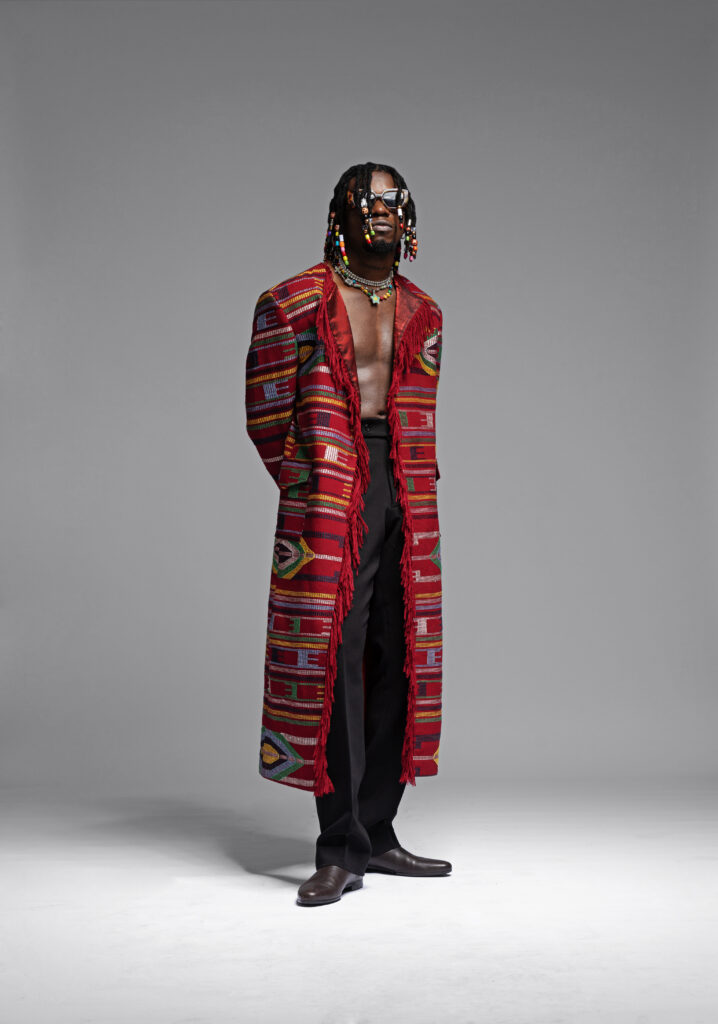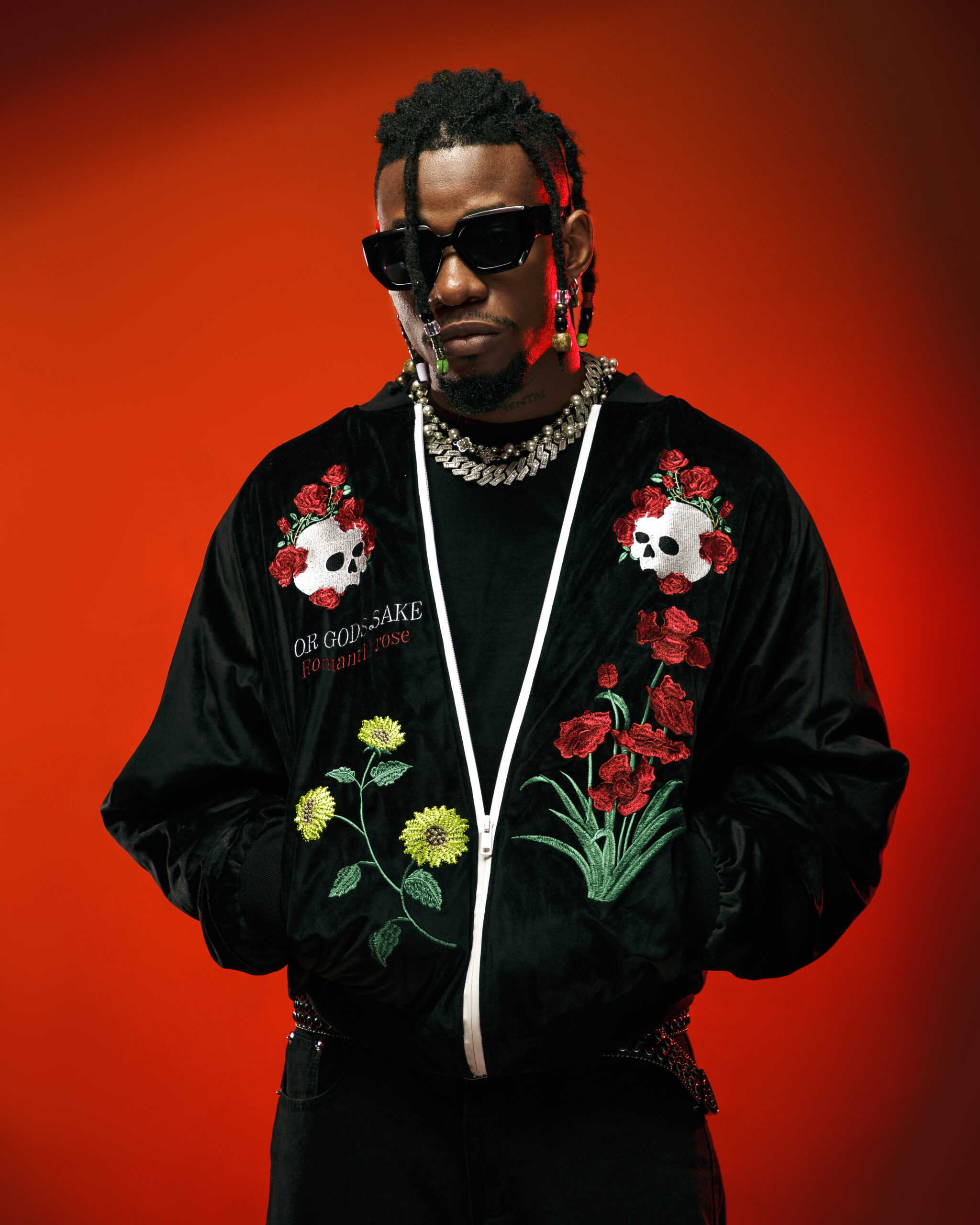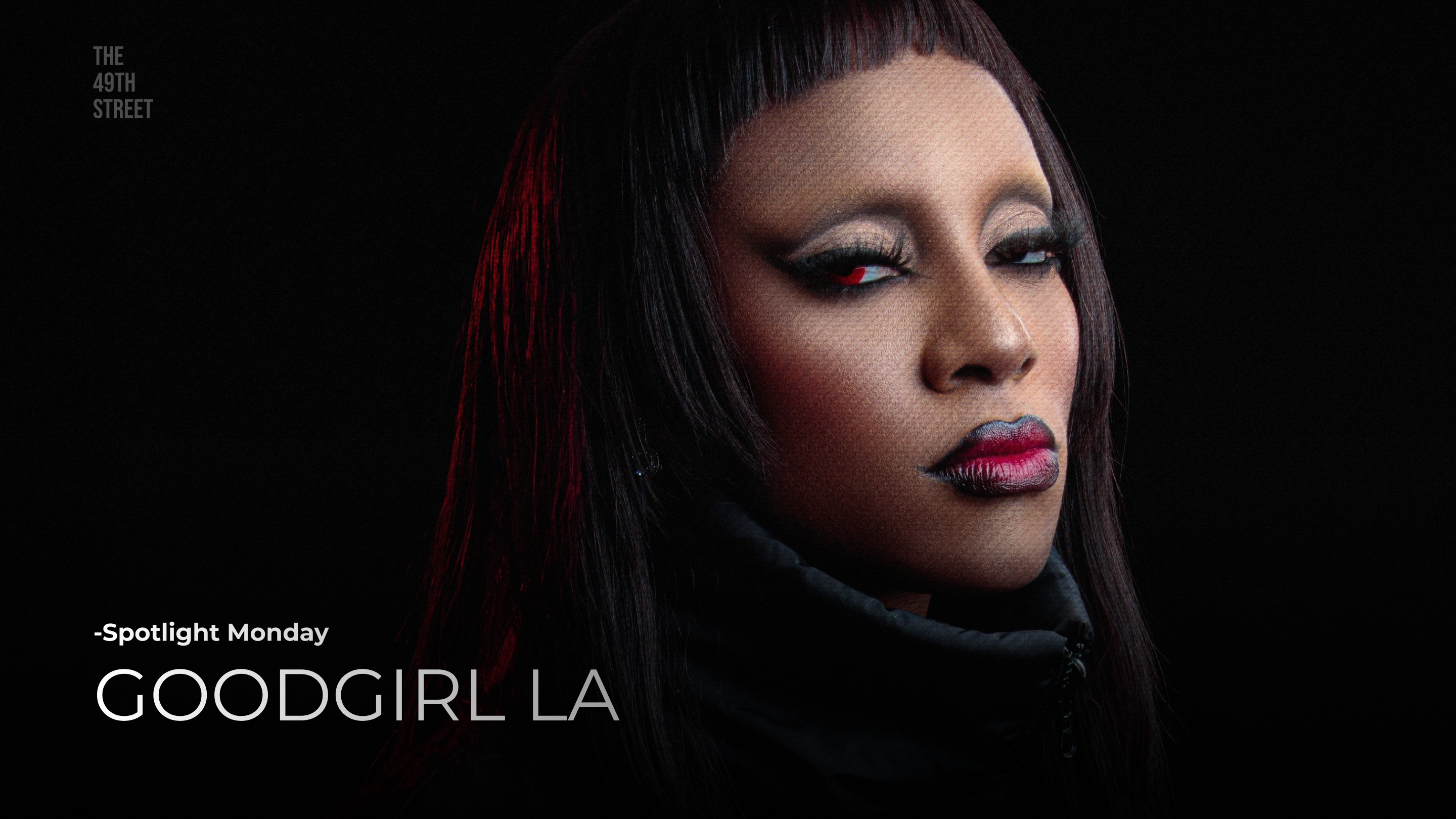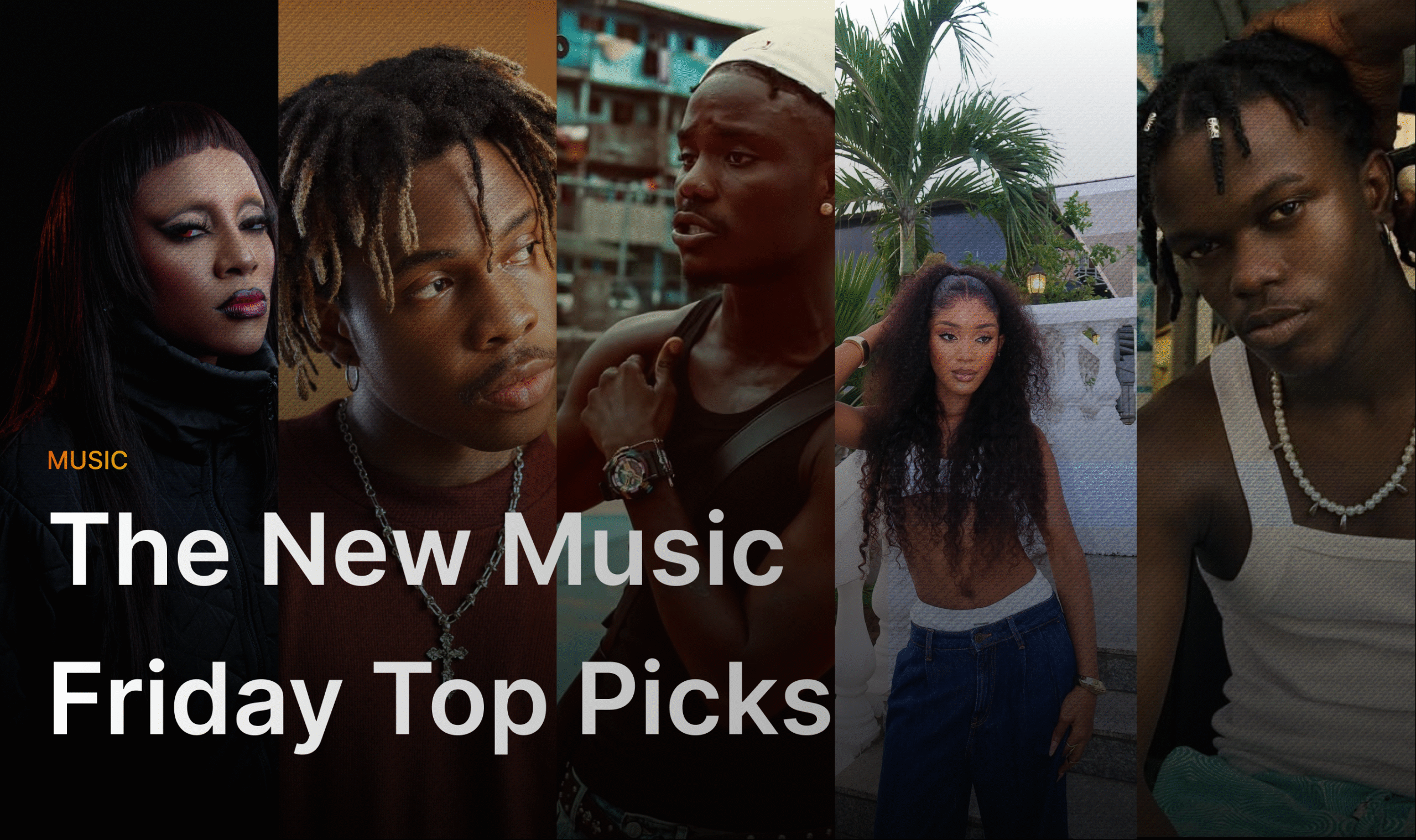King Perry, born Anthony Offiah, is a Nigerian musician who has made a name for himself with his unique blend of Afrobeats, dancehall, and highlife music. His music draws inspiration from various genres, blending traditional African rhythms with modern pop and hip-hop influences. He is known for his catchy hooks, infectious melodies, and smooth vocals, which have earned him a loyal fanbase in Nigeria and worldwide.
He is known for his willingness to experiment with different sounds and styles, constantly pushing the boundaries of what is expected from an Afrobeats artist. This has earned him praise from critics and fans alike, who appreciate his ability to infuse traditional African music with a modern sensibility.
King Perry has built a strong brand around his persona and his music. He is known as the “Continental Boy,” a moniker reflecting his global perspective and commitment to breaking down cultural barriers through his music. As an artist, King Perry is always looking for new ways to push the boundaries of what is possible musically and creatively. His brand reflects this desire to evolve and grow constantly, and it has helped him build a loyal fan base in Nigeria and around the world.

King Perry’s journey to becoming a successful musician was not an easy one. Despite the challenges he faced growing up, he was always drawn to music, and this passion would eventually lead him to stardom. It wasn’t until he was discovered by Nigerian music legend Timaya that his career really took off. Timaya was impressed by King Perry’s talent and signed him to his record label, DM Records.
Since then, King Perry has been on a journey of self-discovery, creating unique and authentic music to his experiences. His first major hit, “Walakolombo,” gained widespread popularity in Nigeria and beyond, and he has since gone on to release several successful singles such as “Man on Duty” featuring Timaya, “Jojo” featuring Soft and Terri, and “Waist” featuring Kizz Daniel. He has also released an album ‘Citizen Of The World’ and an EP titled ‘Continental Playlist’.
King Perry has also been recognized for his contributions to the Nigerian music industry. He has been featured in several high-profile publications, including OkayAfrica, The Guardian and MixMag. Whether collaborating with other artists or working on solo projects, King Perry always brings a fresh perspective to his music. His latest EP, “Continental Playlist,” is a testament to his versatility as an artist, featuring various styles and influences. The EP includes seven tracks, each with its unique sound and vibe.
In addition to his musical achievements, King Perry is also known for his fashion sense and stylish appearance. He has been featured in several fashion magazines and has collaborated with top Nigerian designers on various projects. He is known for his bold and colourful style, often incorporating traditional African fabrics and prints into his outfits.
Despite his success, King Perry remained humble and focused on his music. He constantly pushes himself to grow and evolve as an artist, always looking for new ways to express himself through his music. His dedication and hard work have paid off, and he has become one of the most exciting and innovative artists in the Nigerian music scene today. As his popularity continues to grow, fans can expect even more great music from King Perry in the future. With his unique sound and infectious energy, he will surely be a force to be reckoned with in the music industry for years. Whether performing on stage or working in the studio, King Perry is a true artist and a testament to the power of passion and dedication.
In this exhilarating interview, King Perry walks us through his journey so far, his biggest wins and important lessons learnt along the way. Interviewing him is Eniola Michael for the 49th Street;
How did you get into music, and when did you know it was something you wanted to pursue professionally?
King Perry: I started making music in school. I grew up around music; basically, I went to seminary school where I was supposed to be a reverend father. In school, we used to go to church like six times a day and sing a lot, and I was part of the choir. I started writing, and later on, I began producing as well. I decided to start rapping after selling some of my beats. I found my sound after going to the studio a few times. I remember when I was supposed to go for my IT job, but instead, I spent the whole six months at the studio, and I just knew that was what I was born to do. I did not want to go back home to work, so I spent six months going to the studio every day, and it helped me find my sound, which is reggae dancehall.
Your music often blends different genres, including Afrobeat, dancehall, and highlife. How do you balance these different influences and create a sound that is uniquely your own?
King Perry: The Continental sound is a fusion of different genres into a lifestyle and culture. My project, the Continental Playlist, showcases how much I have evolved sonically in my music. My love for Afro fusion and fusing genres has brought me here. Although my biggest drill record out of Africa last year was Go German, which is not my regular dancehall style, people still feel my original sound on that song. I love to fuse and take different sounds from different places, taking my listeners on a journey. However, while doing that, I still keep my original dancehall sound on any type of beat. I’m trying to convey that there’s no boundary to my music. Anything that speaks to my soul, no matter what it sounds like, I’ll fuse it with my sound and share it with the world.
You have collaborated with several popular Nigerian artists. Can you talk about the process of collaborating with other artists and how it affects your creative process?
King Perry: For me, synergy is key. There are many amazing artists out there, but it’s different when there’s synergy between me and the artist. For instance, when you listen to my collaborations with Teni and Ria Sean, you can tell that I’m a big fan of their sound. Even the song with Victony, you can hear him bringing his sound to a dancehall beat, and it takes the music to the next level for me. I enjoy working with artists that I have great synergy with because it makes things happen more organically.
You recently released a new EP, “Continental Playlist” What inspired the project?
King Perry: I’ve always wanted to release this project even before my first album. There will always be a Continental Playlist at intervals after every album because of my love for fusion. People can see how my sound has evolved from Citizen of the World to the Continental Playlist. The music reflects my current state of mind and where I was mentally when I made those songs, such as the song “Gratitude” where I thanked God for how far I have come and how far I will go with Him by my side. I curated this project based on how I was feeling, and there will always be a Continental Playlist.
You have described your music as “African music with a global appeal.” Can you elaborate on what you mean by that, and tell us who and what Continental Boy is as a brand?
King Perry: The Continental Boy as a brand, and King Perry as a brand, can be seen in my first-ever project. It wasn’t just an album for me; it’s an identity. It’s me telling the world that King Perry, the Continental Boy, is a citizen of the world, a global citizen. It’s me saying that there’s no boundary to my music.
Many of your songs, such as “Eastern Baby” and “My Darlina,” are romantic in nature. Do you draw inspiration from personal experiences when writing these types of songs?
King Perry: Yes, I draw from personal experiences. My music is basically what my feelings would sound like. When I made “Yawa”, I was in my feelings when someone came in and was speaking about how he just had his own share of heartbreak. I was listening to a beat then, and I expressed myself from the person’s perspective, and that was how the song came about. When I sing, I’m either expressing my feelings or I’m telling someone’s story.

You arguably have two of the biggest drill songs in Nigeria “Go German” and “YKTFV”. How did you get into drill music and is this something we should expect to see more of?
King Perry: There was supposed to be a drill project that might come later. I have a lot of drill records. I’m a big fan of Pop Smoke. The first time I heard his music, I felt love and passion for that sound. I remember going to YouTube while on Instagram Live to search for drill beats, and it was my first time. My fans picked the beat, so I went ahead to record it, and then they asked me to put Psycho YP on it. It was my first time hearing of him, so I followed him and sent a message like “yo bro, I need you on this,” and he sent me his verse in one hour, and that’s how I made “YKTFV.” We tried it again for “Go German,” sent the beat to Bella Shmurda and BackRoad Gee, and they killed it. There are so many drill records coming from me. I can’t wait to put them out.
You have worked with several notable producers, including Killertunes and TUC. How do you go about selecting producers for your music, and how do you collaborate with them to create the final product?
King Perry: I prefer to be in the studio with anyone who I think is good and can create decent sounds. However, before we begin, I like to have a conversation with the producer to understand their thought process and also share my vision for the project. Some producers have their signature sound, while others are more open to experimentation. This allows me to choose who I work with and create songs together. I have found myself working with the same producers multiple times because they understand my working style, my sound, and my creative goals.
In addition to singing, you also play several musical instruments, including the guitar and piano. How does your ability to play these instruments influence your music-making process?
King Perry: Knowing how to play any instrument gives you an edge in singing. It’s like a cheat code for me, allowing me to know what melodies fit different tunes. I also play the local drums; it was something I used to do in seminary school.
Your music often features lyrics in both English and Pidgin English. How do you decide which language to use in your songs, and what do you think is the significance of using multiple languages in your music?
King Perry: Yes, like I said, it’s all about how the music comes to me. There are times when the lyrics may seem like gibberish, but they may have a mix of Yoruba and Ibo words because that’s what flows naturally. It’s just whatever comes to me at the moment. However, if I’m featured on a song, I may try to speak the language of the audience to connect with them better.
Four songs off your debut album, Citizen of the World were used in the third season of Blood and Water, a Netflix series. How did that come about? And how did it feel to get that kind of recognition for your music?
King Perry: I feel blessed. It’s nothing but greatness. Being able to make music that is being used in movies makes me feel like I’m doing the right thing and making the right sounds. It’s like I’m doing something the world loves, and they connect to my craft and see the same light I see. I initially thought it was just one song, then they said two, then three, and then they said four. I don’t know if that has ever happened, but I feel great. It’s amazing.
Citizen of the World is one of the best Nigerian debut albums we have gotten in recent times. What are the plans for your sophomore album?
King Perry: I haven’t really decided yet, but there’s going to be another project this year. The Continental Playlist was just something for my fans to listen to. There’s something bigger and better coming.
Lastly, what message do you hope to convey through your music, and what impact do you hope to make on the music industry?
King Perry: I want the world to be self-aware, and I want to spread love and bring smiles to people’s faces through my music. I hope my music can be a form of therapy for people and make a positive impact on their lives.





